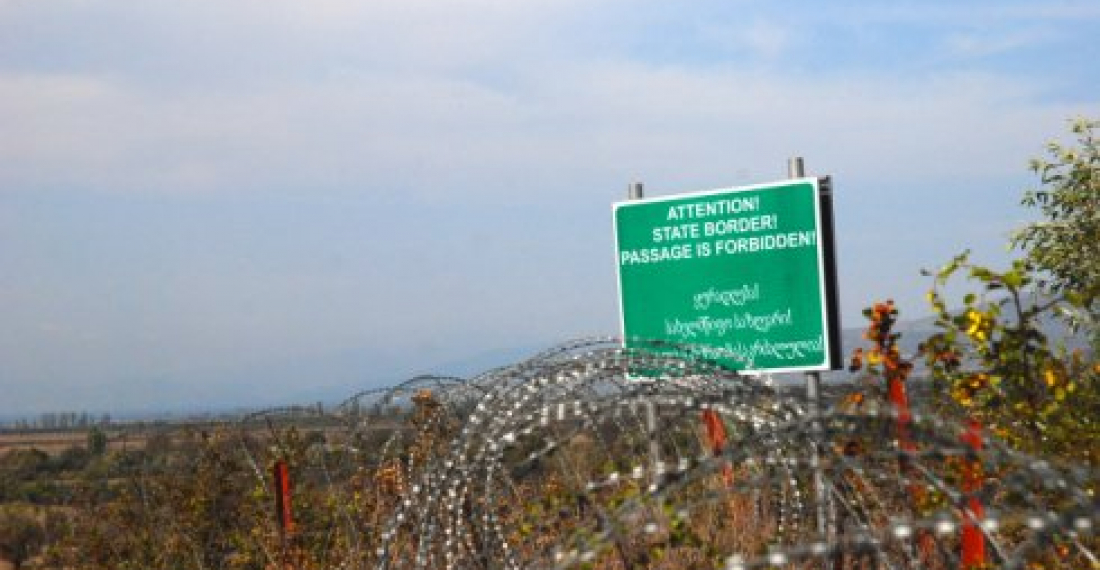Россия продолжает свою ошибочную политику возведения заграждения вокруг территории Южной Осетии в своих усилиях по созданию искусственной международной границы в центре Грузии.
На этой неделе пришел чред деревни Гугутианткари, к востоку от административной столицы Южной Осетии Цхинвали. В селе Гугутианткари за оккупационную линию попали несколько домов. Такое действие оккупационных уже было осуждено различными правительствами и международными организациями.
В четверг посольство США в Тбилиси опубликовало заявление, в котором говорится, что оно:
"обеспокоено сообщениями о том, что поддерживаемые Россией де-факто власти возобновили возведение ограждения в селе Гугутианткари, недалеко от административной границы оккупированной Россией территории Грузии в Южной Осетии. Процесс "бордеризации" представляет угрозу миру и стабильности /../ . Мы вновь призываем Россию вывести свои силы на позиции, предшествующие конфликту, и предоставить беспрепятственный доступ для доставки гуманитарной помощи в соответствии с ее обязательствами от 2008 года в рамках Соглашения о прекращении огня".
Министерство иностранных дел Грузии заявило, что поддерживает связь с соответствующими международными структурами, чтобы получить поддержку и, чтобы остановить процесс.
Сегодня, в пятницу, 16 августа, ожидается, что члены тбилисского дипломатического корпуса посетят этот район, чтобы самим убедиться в сложившейся там ситуации.
Вопрос о границе является весьма спорным, поскольку он вопиющим образом противоречит как букве, так и духу соглашения с Россией, положившего конец короткой, но кровопролитной грузино-российской войне 2008 года.
источник: commonspace.eu по материалам агентств
фото: Возведение забора в селе Гугутианткари в рамках ошибочной российской политики.






